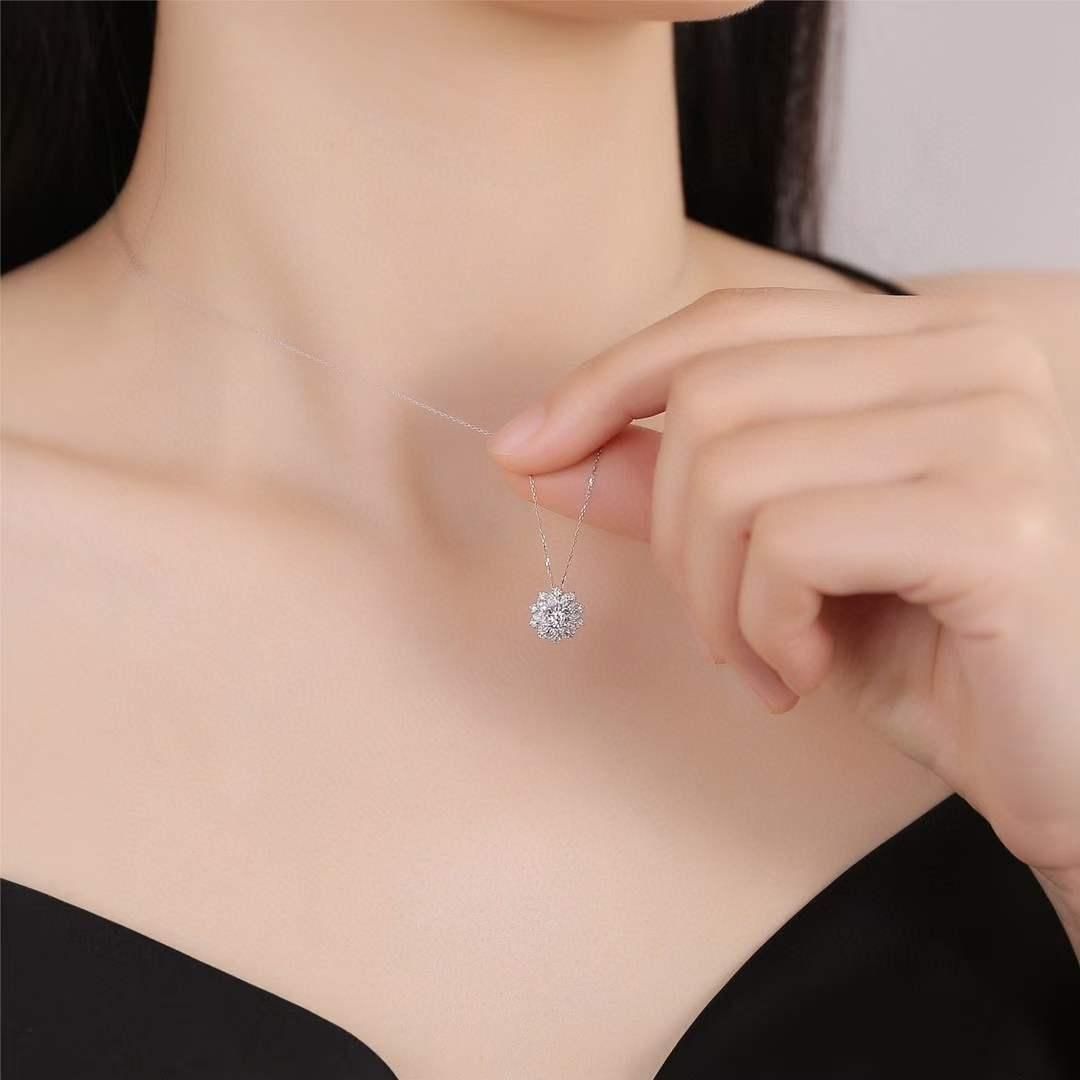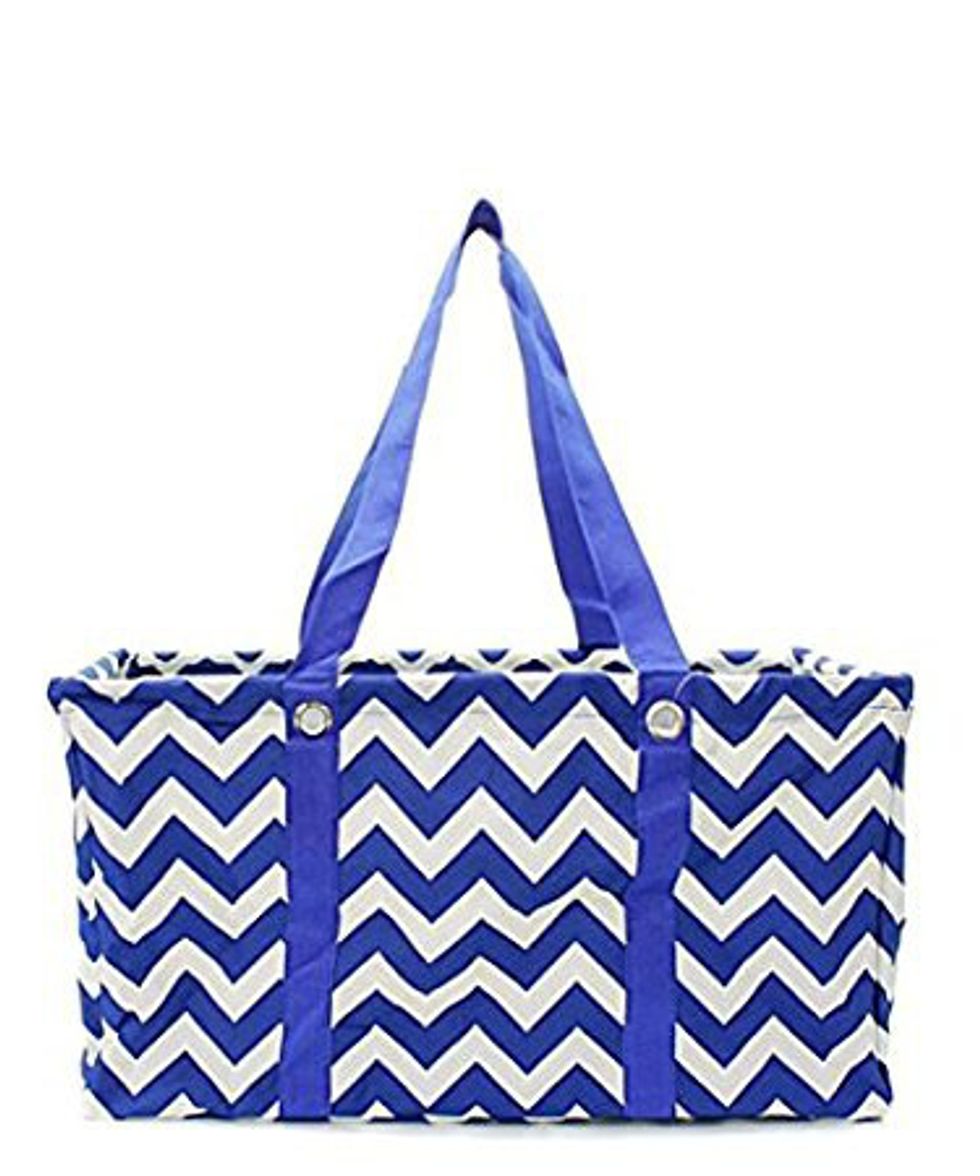Mossanite vs. Diamond: What is the Biggest Difference
What's the difference between moissanite and a diamond?! If you haven't already noticed, moissanite has been becoming a very popular alternative to diamonds for engagement rings. There is an increasing number of couples who love the way the stone looks like a diamond.
At Bestcarat Jewelry, you couldn't be happier about the moissanite trend. But there are some important things you should know before deciding between moissanite and diamond. Here we will share a detailed guide with you to tell the differences between them.
Before we compare moissanite and diamond side by side, let's talk about moissanite and the most important things you need to know about this diamond alternative.
When Henri Moissan first saw the moissanite, he thought it was a diamond. So there is no denying the fact that there is a high similarity between these two stones. Moissanite is a pretty rare mineral to find in nature, and it was usually gotten from meterorites.
As a result, moissanites available on the market are usually lab-grown, which is a more sustainable stone, without heavy carbon footprints compared to natural diamonds.
We are thrilled that moissanite has emerged as a viable alternative to diamonds for couples who desire the sparkle and shine of a diamond but are concerned about its potential negative effects on the environment and on ethical standards.
What is Moissanite
Moissanite is a naturally occurring mineral called silicon carbide (SiC). It was first discovered by Dr. Henri Moissan, a Nobel Prize-winner in 1893 when he was inspecting rocks in a meteor crater in Arizona. As such, it is also called stardust or the gemstone from the stars. However, natural moissanite stones are very rare, so the moissanite you can find at the market is lab-created.
What are the Differences Between Moissanite and Diamonds?
However, what exactly are the differences between them? In the following, we will make comparisons between moissanite and diamonds from the perspective of colour, fire, brilliance, price and durability.
Mossanite vs. Diamond: Colour
Moissanite bears a difference from diamonds in color. Natural diamonds appear colorless.On a scale that goes from D to Z, the colorless D grade represents the diamond with the least amount of color. In contrast, moissanite are coming nearly colorless. It will show a yellow, grey or green tint in certain lighting. It is called rainbow flash. The bigger the stone is, the more obvious the rainbow flash becomes. That is also the biggest difference between a diamond and moissanite.
However, there is no denying the fact that many people adore the highly glittery and mesmerizing rainbow effect, and they see this as a significant benefit.
Mossanite vs. Diamond: Durability
Diamonds are the hardest things in the world. That is the reason why they are widely used in industrial commercial settings. However, moissanite is durable, but not quite as durable as a diamond. Diamonds have a rating of 10 in terms of Mohs scale of hardness, while moissanite ranges from 9.25 to 9.5. This rating makes this stone the second hardest gemstone in the world.
In other words, moissanites are extremely durable so that they are very resistant to damage and abrasion.It was said that it is also one of the reasons why Dr Henri Moissan mistook moissanites for diamonds.
Mossanite vs. Diamond: Clarity
Lab-grown moissanites are produced under strict control, so they do not have the significant clarity flaws that are common in diamonds. Moissanite, on the other hand, will never have any blemishes that are visible to the naked eye, whereas diamonds might.
People who are working with a limited budget may have a difficult time finding an eye-clean diamond in the desired size. Moissanite stones may be the best option for them due to its perfect clarity.
Mossanite vs. Diamond: Brilliance and Fire
The refractive index and fire are indicators of the brilliance of the gemstones. Typically, moissanite features a refractive index of 2.65 and is rated at 0.104 in fire, which are much higher than those of natural diamonds. Therefore, moissanite usually shows more brilliance and sparkle than diamonds. That is also why it has become one of the most popular options for engagement rings.
Mossanite vs. Diamond: Price and Value
The most obvious difference between moissanite and diamond you can tell is their pricing. Because moissanites are lab-created, they usually come at a lower price than diamonds. One carat moissanite stone costs about $400 to $500, which is five times less than a natural diamond at equal carat size. This makes moissanite a popular choice for affordable heirloom-quality jewelry. However, in terms of investment value, moissanite doest not has retain a value over time but it will still has a resale value.
Why Choose Moissanite?
The appearance of a moissanite gemstone is comparable to that of a diamond, but it only costs a fraction of what a diamond would. Plus, moissanite requires no mining process, so it cause fewer carbon footprints compared to natural diamonds. It will be an affordable, sustainable and ethical purchase. If you are searching for a unique piece of jewelry, moissanite is also a good option because of its value as well as the significance it holds. (https://www.bestcarat.com/)
Shopping Suggestions
If the budget is allowed, diamonds may be the best option for fine jewelry especially for the engagement rings. However, they are very expensive. To get the most for your money, it is wise for you to have a full understanding of natural diamonds before shopping for a diamond ring. Besides, buying it from a reputed store is always necessary.
For moissanite, they are more affordable than diamonds. However, it is still necessary and wise to buy a moissanite enagegement ring with impressive quality at a reasonable price. Try to buy it from a reliable store like Charles and Colvard, Best carat Jewelry and Brilliant Earth. They will help you reach a beautiful moissanite engagement with reasonable price.




















